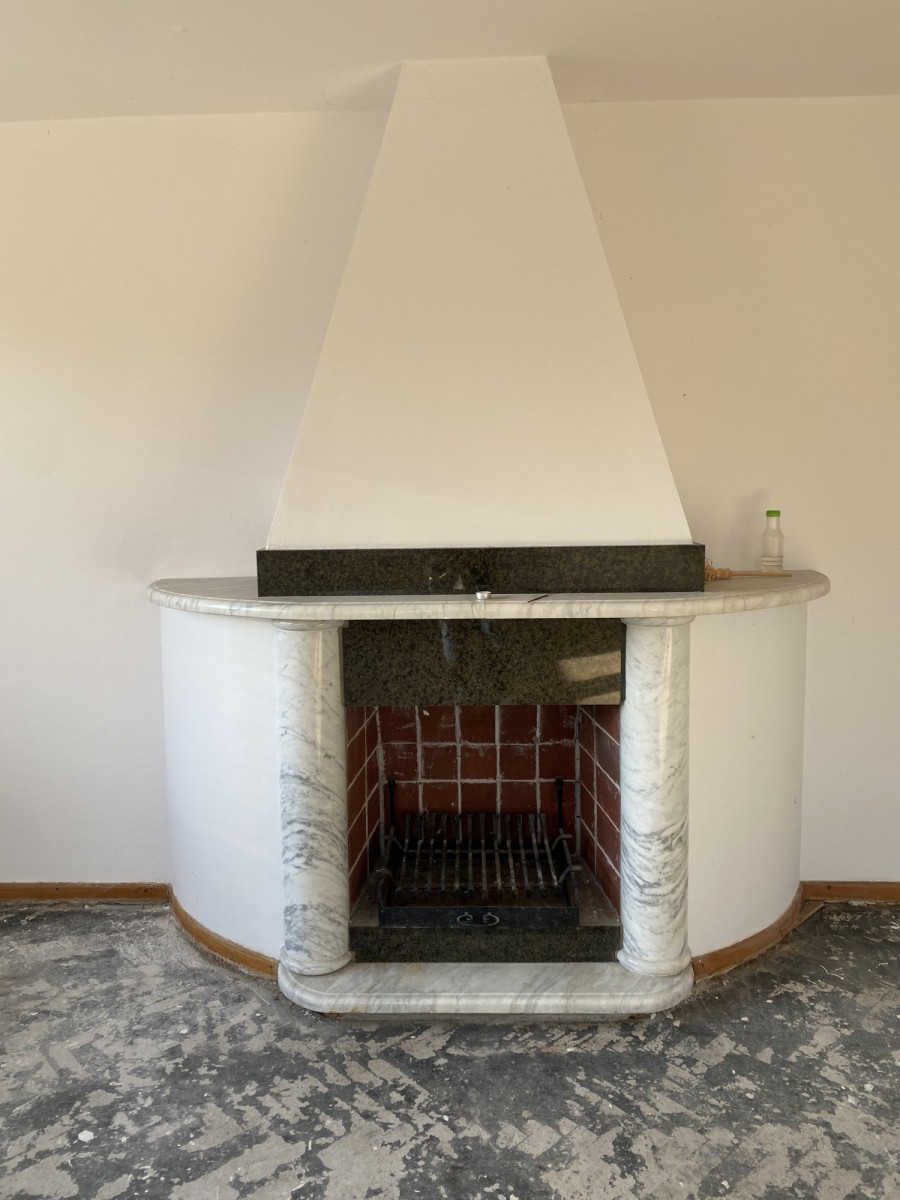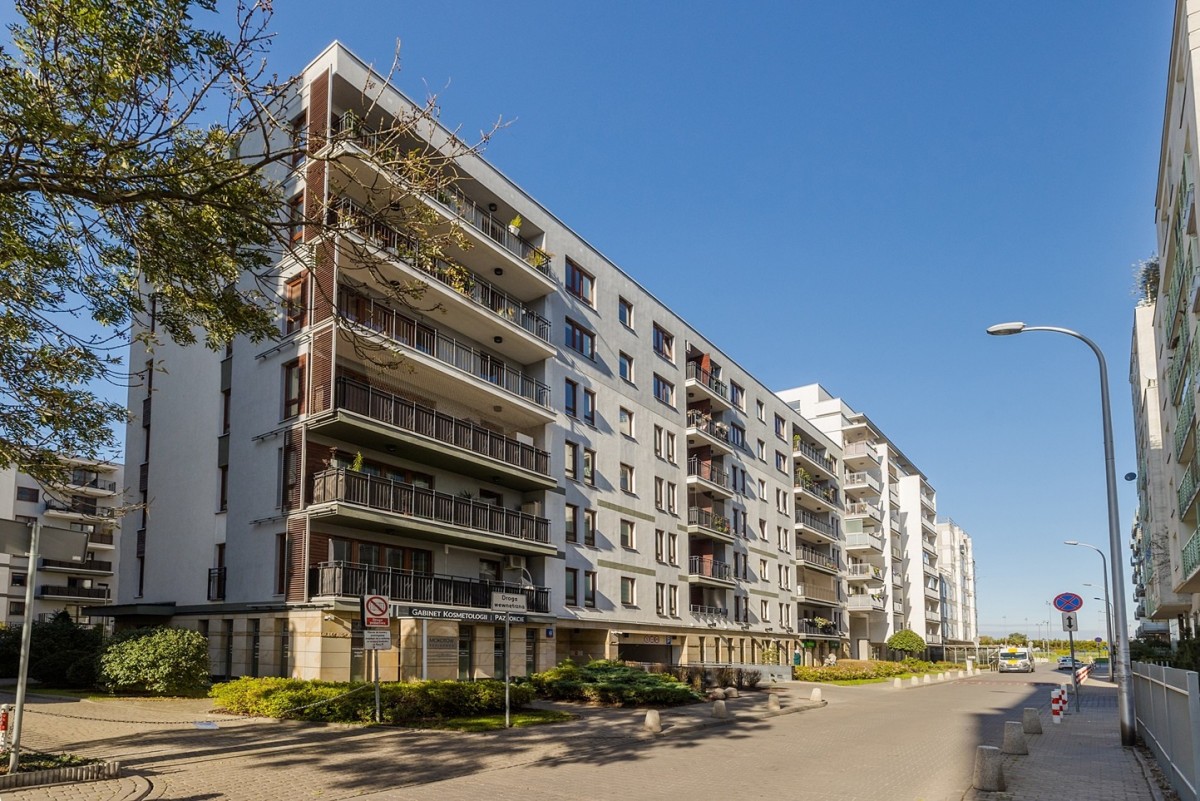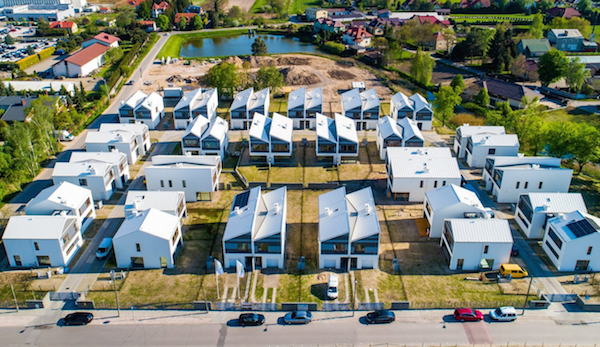Since when is it prohibited to heat houses with coal, eco-gross, fuel oil and natural gas?

Since when in Europe and Poland is it prohibited to heat houses with coal, eco-gross, fuel oil and natural gas?
Members of the European Parliament have reached an agreement to limit energy consumption and greenhouse gas emissions in the EU construction sector. In just 17 years, heating with coal, eco-coal, natural gas and fuel oil will be completely stopped in Poland.
Members of the European Parliament have reached an agreement to limit energy consumption and greenhouse gas emissions in the EU construction sector. In just 17 years, heating with coal, eco-coal, natural gas and fuel oil will be completely stopped in Poland.
According to the European Commission, buildings in the EU account for 40% of energy consumption and 36% of greenhouse gas emissions. Already on 15 December 2021, the European Commission adopted a legislative proposal to revise the Energy Performance of Buildings Directive as part of the so-called “Fit for 55” package. The new European climate law (July 2021) enshrines the 2030 and 2050 targets in binding European legislation.
What will the EPBD directive change in the construction and heating of buildings from 2025 in Poland?
The proposed change to the Energy Performance of Buildings Directive aims to significantly reduce greenhouse gas (GHG) emissions and energy consumption in the EU building sector by 2030 and make it climate neutral by 2050.
It also aims to renovate more of the worst-performing buildings and improve the sharing of energy efficiency information.
Schedule of changes to the EPBD directive in Poland
• 2025 - termination of subsidies for heating systems, stoves and boilers using solid fuels, such as coal, eco-gross, diesel fuel, gas;
• 2027 - introduction of ETS2 tax on fossil fuels burned in households, which will cause coal, eco-gross and natural gas to become more expensive as they will be subject to a new tax, which will cause home heating prices to rise to PLN 1200;
• 2028 - all new public facilities in the EU and Poland will not be able to emit CO2, that is, solid fuel and gas boilers cannot be used on site (in the building) to heat them;
• by 2030, all newly built buildings, including residential buildings, must be zero-emission. The Directive provides exceptions, for example, for agricultural buildings, religious buildings and monuments.
• From 2040, heating using fossil fuels, i.e. coal, eco-gross, gas and fuel oil, will be completely phased out throughout Poland. In practice, this also means a ban on the use of energy-efficient stoves and boilers using the above fuels, as new houses (and those built before 2040) will not be able to meet the established energy efficiency standards for EPBD buildings;
• by 2050, all buildings in Poland must be zero-emission without exception, including agricultural and utility buildings.
Member states will be able to exclude agricultural buildings and cultural heritage sites from the new EPBD rules, while EU countries may also decide to exclude protected buildings due to their special architectural or historical value, temporary buildings, and churches and places of worship.
Emission reduction targets for construction in Poland in accordance with the EPBD Directive
From 2030, all new buildings must be zero-emission; new buildings occupied or owned by public authorities must be zero-emission from 2028.
Member States will be able to take into account the global warming potential throughout the entire life cycle of a building, which includes the production and disposal of construction products.
For residential buildings, Member States will need to take measures to reduce average primary energy consumption by at least 16% by 2030 and by at least 20-22% by 2035.
Member states will need to renovate 16% of the worst performing non-residential buildings by 2030, and 26% of the worst performing buildings by 2033, applying minimum energy efficiency requirements.
If technically and economically feasible, Member States will need to gradually install photovoltaic installations in public and non-residential buildings, depending on their size, and in all new residential buildings by 2030.
EU Member States will take measures to decarbonise heating systems and phase out fossil fuels in heating and cooling, with the aim of completely eliminating fossil fuel boilers, i.e. eco-pellets, coal, fuel oil, natural gas by 2040.
Member states will also have to stop subsidizing off-grid fossil fuel boilers from 2025.
What support will Poland receive for the implementation of the EPBD directive and for the installation of photovoltaic panels?
Member States will introduce funding, support measures and other instruments from EU grants to support investments in energy renovations in the building sector. For public buildings the requirement of unanimity may be waived.
To implement the EPBD Directive and decarbonize the construction sector, the EU will allocate funds for grants and concessional loans for energy efficiency and mortgages for building renovations, tax breaks, guarantee funds and mortgage portfolio standards.
Member States, including Poland, must ensure and facilitate the installation of renewable energy sources, including photovoltaic panels, to ensure zero emission efficiency in the sector under construction:
• until December 31, 2026 - on all new public and non-residential buildings with a usable area of more than 250 m2;
• until December 31, 2027 - on all existing public and non-residential buildings undergoing more complex or extensive reconstruction, with an area of more than 400 m2;
• until December 31, 2029 - on all new buildings.
Source: farmer.pl
Blog

Housing construction in Warsaw and city districts in the third quarter of 2023
Housing construction in Warsaw and city districts in the third quarter of 2023


Property tax
Property owners in Poland are required to pay property tax annually (Podatek od nieruchomości), the maximum allowable rates for which are determined by the Law on Local Taxes and Fees.





